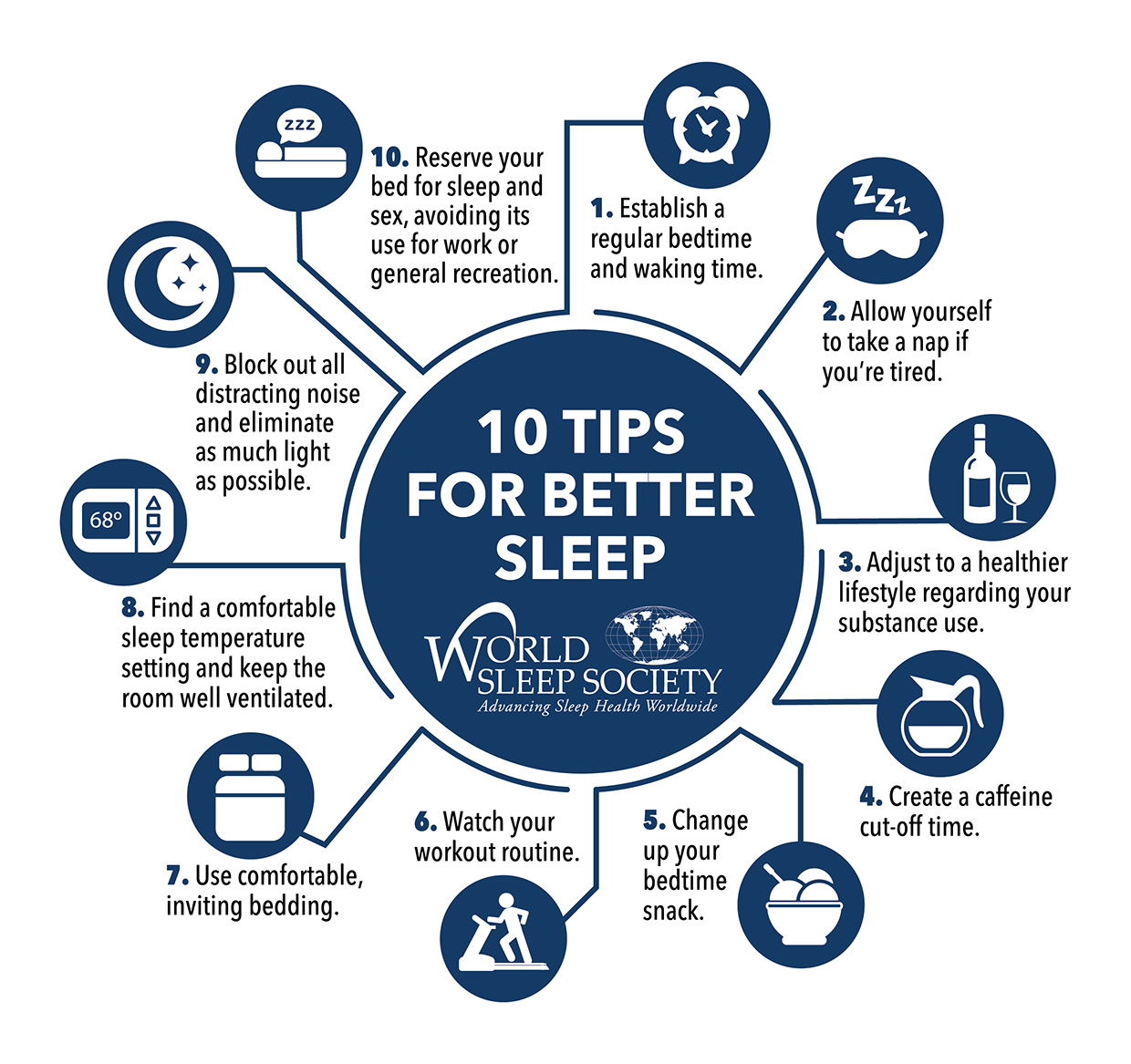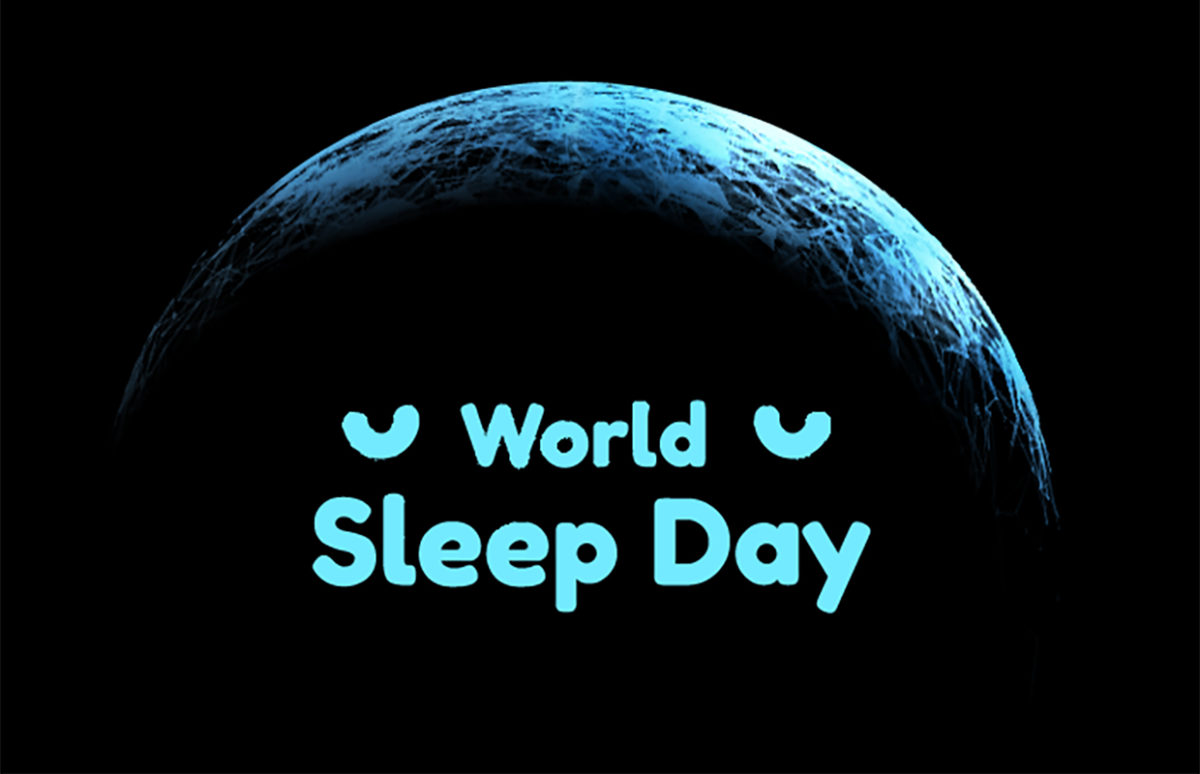As many of us get used to spending much more time than usual at home during the Covid-19 outbreak, it seems a perfect time to catch up on some of that sleep we all keep saying we don't get enough of. And it turns out we could help the planet at the same time.
World Sleep Day was started by healthcare professionals working on sleep disorders and sleep research. It aims to raise awareness about the importance of this natural process. It takes place in March each year and the slogan for the 2020 event was “Better Sleep, Better Life, Better Planet.”
On a simple level, during the time we spend sleeping, we use fewer resources - fuel, electricity, food and even oxygen, as breathing is attenuated during sleep. But on a more long-term level, better, and more, sleep means better health overall. Sleep plays a major role in immune function - something we all need right now. Poor sleep or lack of sleep is linked to increased cardiovascular risk. In the U.S.A., one in four adult deaths is caused by cardiovascular problems.
The Centers for Disease Control and Prevention in the U.S. had declared insufficient sleep a national health epidemic. Its surveys find that over 30% don't get the recommended 7-9 hours sleep per night. For teenagers, the problem is worse, with 60-70 per cent, increasing with age, not sleeping enough.
So if you want to use your virus protection confinement usefully to get into the habit of better sleep, here are some tips, from the World Sleep Society.

Copyright(s) :
Maxim Pavlov/Adobe Stock
World Sleep Society
Tag(s) : "ecology" "health" "sleep" "sustainablility"






